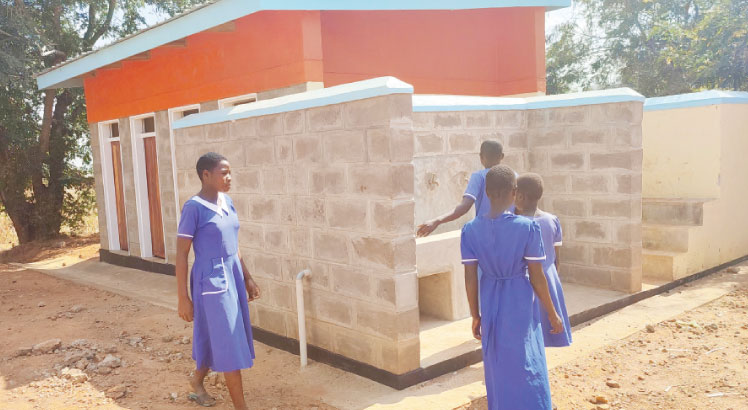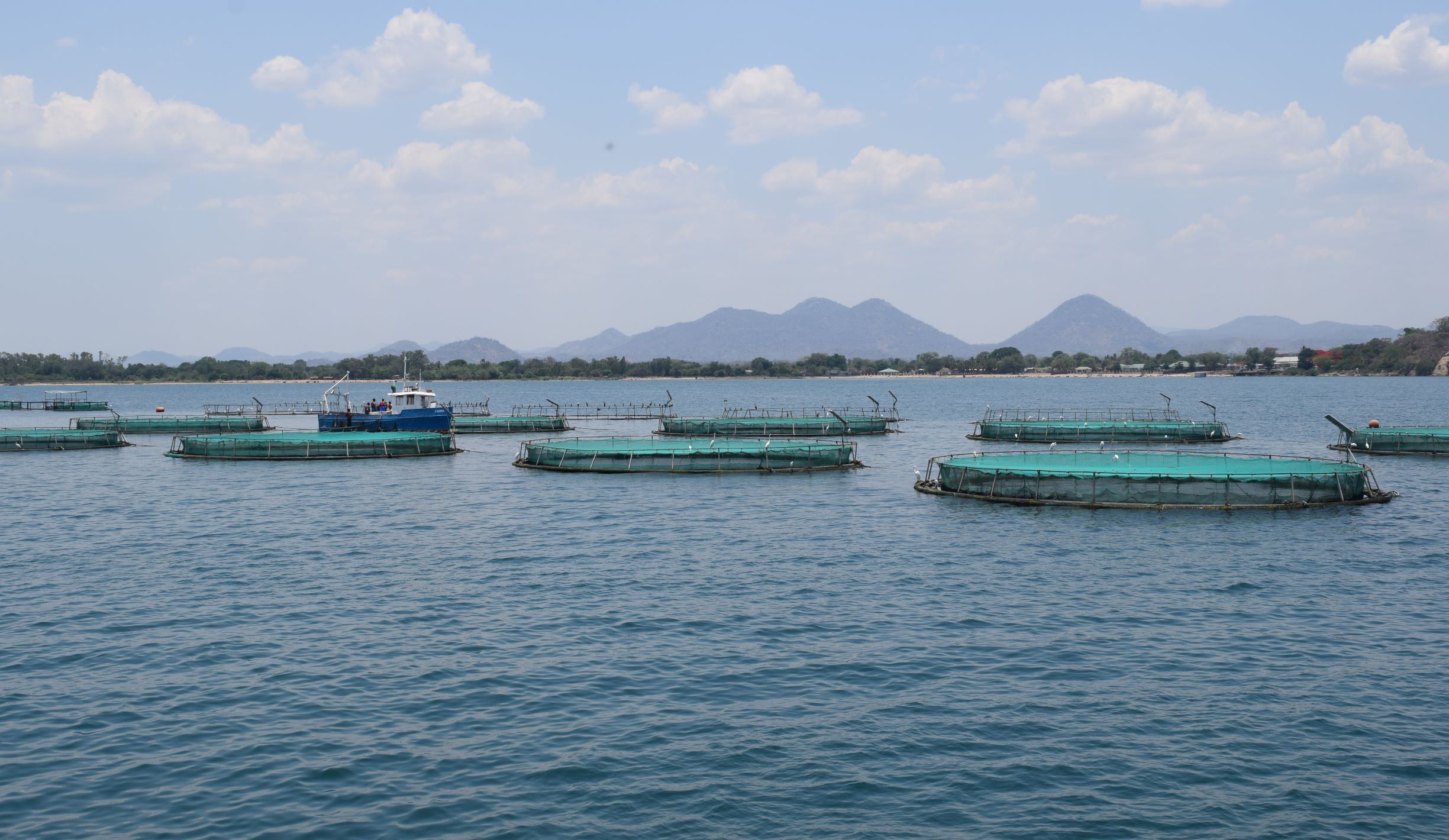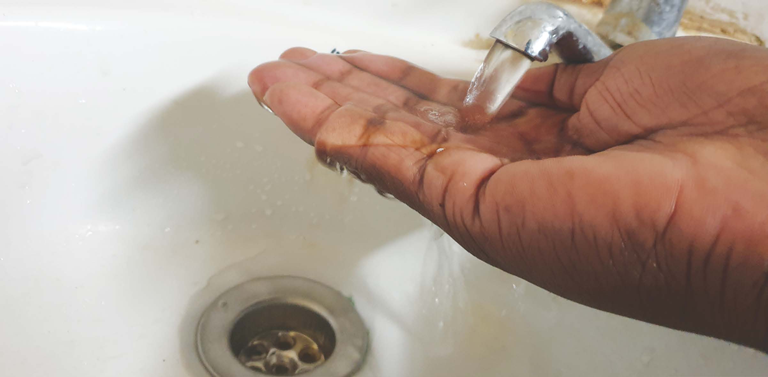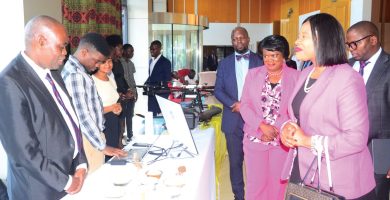‘Improve sanitation in primary schools’
Education authorities in Kasungu District have expressed concern over inadequate sanitation facilities in primary schools, saying the situation is putting pupils’ lives at risk.
Kasungu Boma Zone primary education adviser Willy Fula said this on Thursday during the training of primary school teachers and mother groups on behavioural change communication.
He said many primary schools have inadequate toilets to cater for the growing number of learners.
Fula said: “Many primary schools in the zone have over 2 000 pupils with only four toilets; two for girls and two for boys.
“This compromises efforts to make the teaching and learning environment safe for both teachers and learners.”

On her part, mother group member Agnes Msewu said lack of sanitary facilities affects girls most and some of them opt to stay home when they are menstruating.
She said: “Primary schools have inadequate or no sanitary facilities that enable girls to use during their menses.
“But we should know that if girls stay home during such times, they miss lessons which affects their performance in class.”
Msewu urged fellow mother group members to encourage pupils to practise personal hygiene, saying some learners go to school without bathing.
Ministry of Gender, Community Development and Social Welfare deputy director Ronald Phiri, who was the lead facilitator, challenged teachers that they are key agents of social change as they mostly spend time with the learners.
A Ministry of Education report says, among other reasons, girls drop out of school due to lack of sanitary facilities.
The ministry also emphasises the availability of toilets as one way of enhancing sanitation and hygiene in schools in the wake of waterborne diseases such as cholera.
The engagement was part of Kulumikiza Project funded by Unicef.
The project seeks to address gender-based violence issues, child rights, disease prevention and other related social issues through social behavioural communication.





